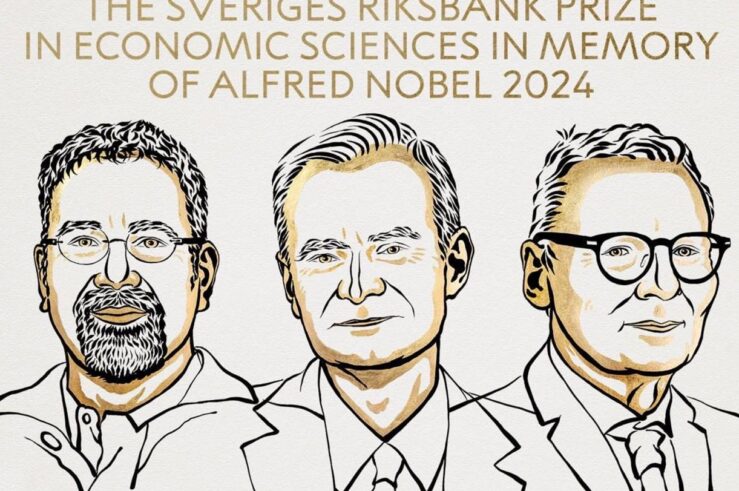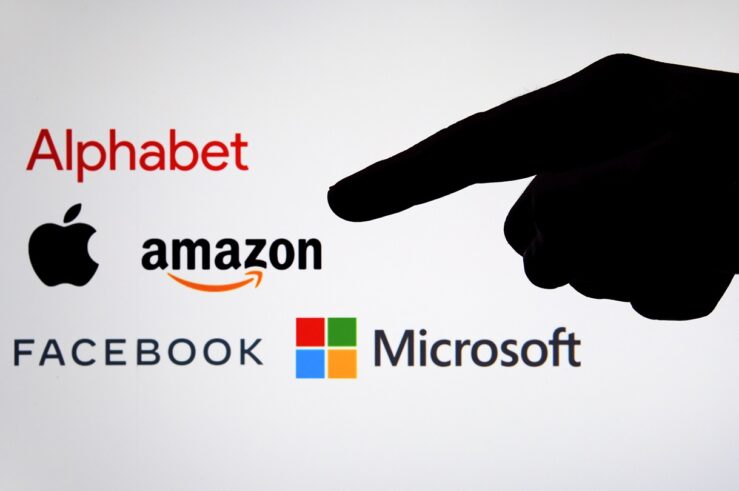I still haven’t seen “The Social Network” (waiting to watch it at home), but that won’t stop me from writing about it, as long as others are.
Gordon Crovitz, writing in today’s WSJ:
The hit movie * * * is crafted through the lens of lawsuits brought by others seeking a piece of the company, now valued in private markets at $33 billion. * * *But to understand how innovation actually happens on the Web, Mr. Zuckerberg’s alleged emotional motivations are much less interesting than how he attracted more than 500 million people—one in 14 people in the world—to use this six-year-old service. * * *
Harvard law Prof. Larry Lessig writes in The New Republic that “there was more than a hint of self-congratulatory contempt in the motives behind how this story was told,” with Hollywood showing disdain for digital innovation. Mr. Lessig likens the movie to a jester in the court of King George III dismissing the new American colony with the message that the “new world is silly at best, deeply degenerate, at worst.” * * *
Contrary to the message of the movie, ideas alone can’t be patented. Otherwise, innovation would be frozen. Instead, our system promotes innovation, leaving the next college coders free to improve on what came before, just as Mr. Zuckerberg did.
As I’ve often written (long version, most recent short version), Hollywood’s view of business is shaped by the resentment of the artists who make films of the capitalists who make money from their art. So, Zuckerberg is the capitalist who succeeded by sheer luck or theft or just crawling over the backs of the people who had the ideas.
By all accounts it’s a good movie. Just keep in mind it’s only a movie. That’s especially good advice for any film that purports to be about business.




